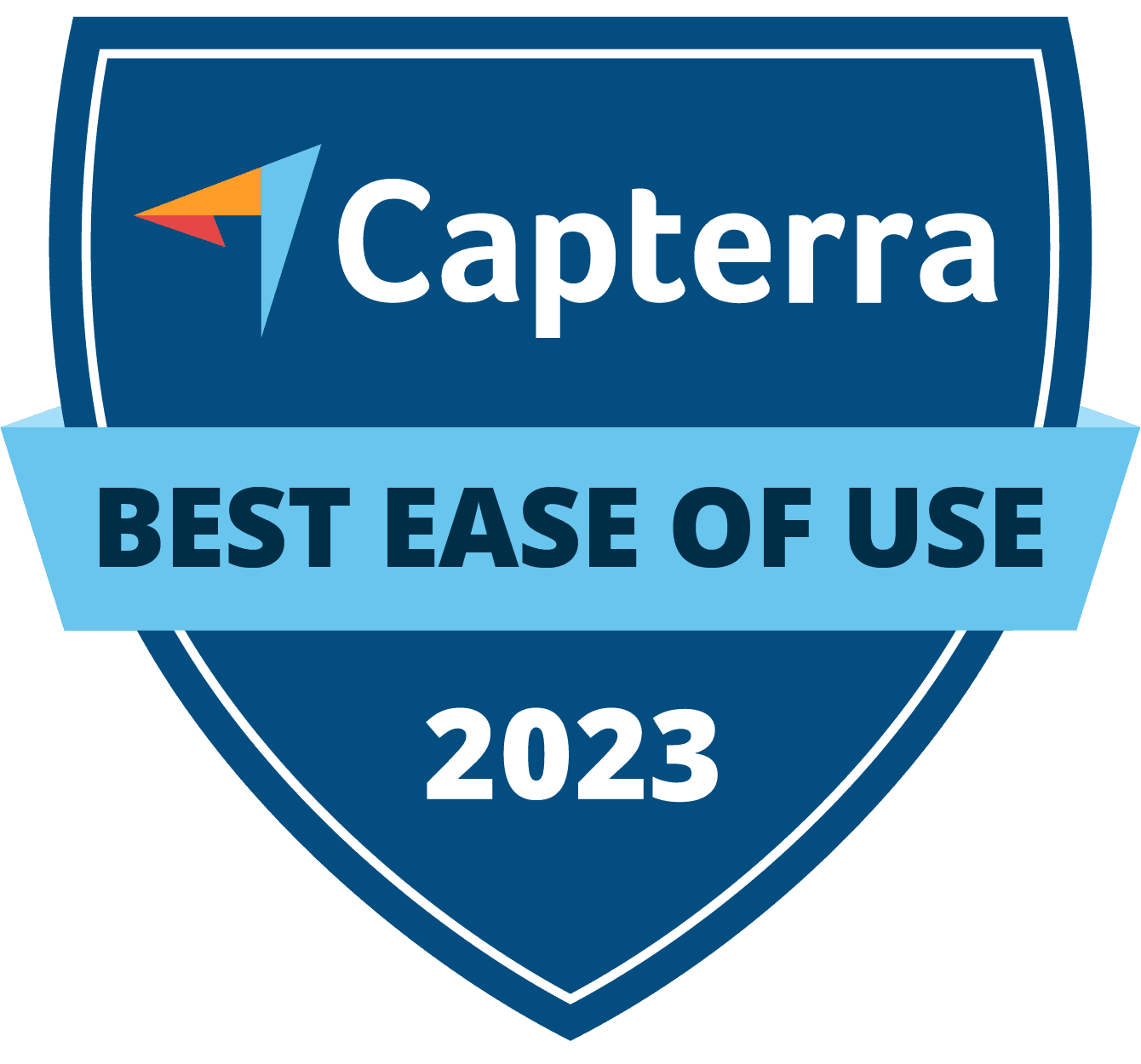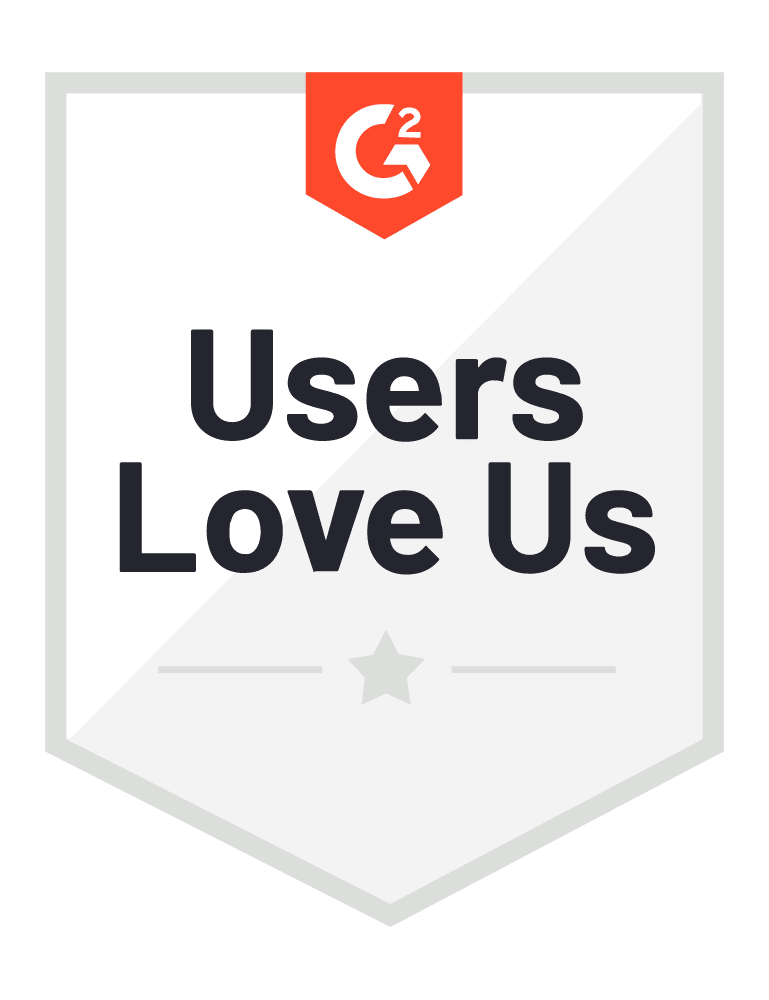Published on Dec 30, 2023 by [email protected]

Contracts are an important part of an enterprise's daily routines and must be precise, comprehensive, and legally binding. They act as the foundation of legal agreements and operational frameworks, and Contract Lifecycle Management (CLM) tools have become essential assets. Among the many features that improve the effectiveness of CLM tools, the option to use AI contract templates stands out. This article examines the importance of AI contract templates provided by CLM tools, how they simplify the contract management process, ensure consistency, and contribute to overall operational efficiency.
What is a Contract Template?
A contract template is a pre-designed set of standardised clauses and terms that are intended to be used for specific types of contracts or transactions. These templates are typically created to simplify and streamline the contract drafting process, as they allow contract authors to quickly and easily create a contract by adding in the necessary details and modifying clauses to suit their particular engagement.
By using these contracts on the go, enterprises can ensure that their contracts are comprehensive and legally compliant while also saving valuable time and effort. These templates can be customised to include specific provisions and requirements, making them a versatile tool for enterprises of all sizes and industries. Overall, contract templates are a valuable resource for enterprises involved in bulk contract management, as they help to simplify the complex process of drafting and negotiating contracts that are similar in nature for multiple similar contractual relationships.
Most Common Types of AI Contract Templates
There are different types of contracts that enterprises use repeatedly to define the terms and conditions of their agreements with other parties. Some of the commonly used AI contract templates may include:
- Non-disclosure agreements (NDAs) are commonly used to protect a business's intellectual property. These agreements are made between two or more parties when discussing or sharing confidential materials.
- Master services agreements (MSAs) are used to facilitate future business between two parties. These agreements typically govern the terms and conditions of current and future relationships.
- Partnership agreements are used to define the roles and obligations of each party involved in a partnership. These agreements can cover things like capital contributions, profit and loss distribution, or ownership interest.
- Employment contracts are used to define the relationship between an employee and an employer. This is one of the most common types of contracts.
- Rent agreements can cover everything from equipment to property. These agreements set out the exact terms and conditions, including monthly costs, deposits, maintenance terms, and duty of care.
When a business needs to deal with external entities, it may require different contracts to ensure smooth and efficient operations. These contracts may also include service-level agreements (SLAs), which outline the level of service the external entity is expected to provide; contractor agreements, which specify the terms and conditions for hiring a contractor; and custom contracts, which are tailored to the specific needs of the business. Having these AI contract templates in place can help to ensure that the enterprise does not need to create the same contract again and again, allowing the legal teams to focus on more core legal matters.
Challenges in Manual Contract Templates
Typically, legal teams keep a set of contracts for commonly used contract types. However, these templates are often managed across various systems such as shared drives and spreadsheets, leading to several challenges such as:
- Difficulty in locating contract templates since they are not stored in a central location.
- Conducting periodic checks for outdated clause languages is cumbersome.
- Multiple versions of templates are created due to nonrestricted access permissions.
- Tracking language deviations from standard contract language is challenging.
These inefficiencies can lead to errors, putting contracts at risk and negatively impacting business performance. Poorly-drafted contracts can result in costly litigation, damaged relationships, and harm to a company's reputation.
To address these challenges, enterprises can adopt a sophisticated contract lifecycle management solution that helps them create and manage AI contract templates efficiently, accelerate contract authoring, and improve performance. An AI-based CLM solution in a company's legal tech stack provides predefined templates and a clause library with standard languages, enabling teams to reuse them quickly and easily. The centralised templates and clause library also support scalability, allowing contract owners to create customised contract types as needed.
Benefits of Using AI Contract Templates
Prompter Contract Preparation
Keeping standard contract templates for commonly requested contract types in a central location can save time and effort by avoiding creating a new contract from scratch each time. These pre-existing AI contract templates can help contract owners quickly fill in the necessary details, change the relevant clauses, and create a contract that fits their current engagement. Using standard templates and self-service options can speed up contract creation and reduce the likelihood of errors and operating costs. The main advantage of managing templates in a CLM system is the controlled access permission that ensures that the enterprise's template library is the only accepted source for legally acceptable languages.
Consistency and Compliance in Contracts
Maintaining consistency across various agreements is one of the significant challenges in contract management. Contract templates available in a contract management software can act as a safeguard against inconsistencies by enforcing standardised language, terms, and clauses. This approach ensures consistency within individual contracts and aligns all agreements with legal and regulatory requirements. Enterprises can avoid the risk of legal issues and contractual disputes by embedding compliance measures into templates.
Contract Customisation
Standardisation is an essential aspect of creating contracts, but it is equally important to have the flexibility to customise enterprise contracts to specific needs. AI contract templates provide a balance between standardisation and customisation by allowing users to edit clauses, terms, and conditions while still adhering to the overall organisational standards. This flexibility ensures that each contract is relevant to the particular transaction or relationship, making it more effective and efficient.
Contract Version Control
Maintaining proper version control becomes increasingly important as contracts go through revisions and updates. Contract lifecycle management tools that incorporate AI contract templates offer version control options, allowing for the tracking of changes and the creation of a clear audit trail. By leveraging these tools, legal teams can collaborate more effectively, and there is a historical record of all changes made to the contract. With the help of a CLM tool, users can collaborate on contract drafts and rest assured that the tool will manage and organise all versions seamlessly.
Reduced Legal Costs
In some cases, other departments like sales or marketing may need to modify the contract draft based on the nature and requirements of the deal. In such situations, a central library with legally approved clause languages can assist users without legal expertise to create acceptable contracts. This reduces the need for legal assistance and gives the legal team more time to concentrate on important tasks.
Easy Implementation of Pan-Company Policy Updates
The business environment is constantly changing, with frequent policy changes and regulatory updates. These regulations may require modifications to certain clause languages that impact multiple contracts within an organization. In such instances, a contract lifecycle management solution's AI contract templates and clause library can help enterprises quickly assess the impact of these changes and make the necessary modifications to specific languages.
Speedier Contract Approval Process
Optimising the contract approval process can lead to faster revenue recognition and improved cash collection. To achieve this, an automated contract lifecycle management solution with templates can be used to create a specific contract approval process customised to contract type, department, employee, amount, and language. A contract management software can easily identify deviations from corporate policy using redlining technology. These deviations can then be mitigated through alternative language suggestions or additional negotiation with the vendor or customer.
Improved Contract Negotiations
Contract template-based negotiation processes provide enterprises with a set approach to contract negotiations. AI contract management software can improve the negotiation process by identifying deviations from the standard template when changes to the template are necessary. Pre-approved alternative language provisions can be easily inserted into the template without the need for additional management approval. This not only facilitates the negotiation process but also reduces human intervention and risk.
Better Contract Compliance
Contract compliance expands beyond contract obligations to include meeting complex requirements, and non-compliance can result in significant penalties and damage to an enterprise’s reputation. By using an automated system, enterprises can ensure that the AI contract templates being used are the approved version by their legal team. This eliminates the possibility of using outdated templates by employees and reduces the risk of non-compliance. The software can also flag changes made to certain provisions for review and categorization for risk assessment. Moreover, the software can provide real-time reporting on contract deviations or obligations that pose risks to the organization.
Conclusion
AI Contract templates in CLM tools play a significant role in streamlining contract creation, ensuring consistency, customization, and compliance, thus contributing substantially to operational efficiency. The use of CLM tools with robust contract template features becomes a fundamental necessity and a strategic choice. LegisTrak provides a diverse range of AI contract templates, an extensive clause library, and the ability to create custom contract templates as required. Additionally, it offers advanced document repository and real-time collaboration and task management functions.





















_HighPerformer_HighPerformer.73d398a0.png&w=1920&q=75)



